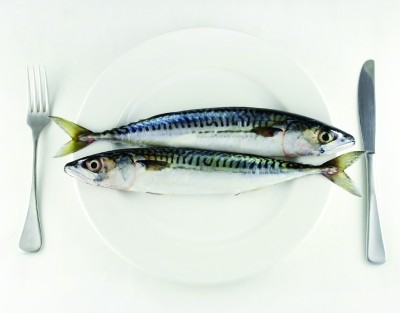UK frozen food sector wins EC date labelling battle

According to the British Frozen Food Federation (BFFF), the EC has “compromised” on frozen meat products such that the date of freezing of the products themselves is now allowed on labels rather than an earlier date when the protein used had previously been frozen.
The compromise follows extensive lobbying from the Department for Environment, Food and Rural Affairs (DEFRA), with the backing of various UK trade bodies, including the BFFF, Food and Drink Federation, British Meat Processors Association and Seafish.
Communiqué expected
At an EC working group on the subject held on June 10, UK arguments that it would be more meaningful for consumers for the date of freezing for food products to be the later date were accepted. At a meeting of the EC and Members States next Friday (July 3) a communiqué explaining the change is expected to be agreed.
Under FIC 1169/2011 it states: ‘Date of freezing (or first freezing where products have been frozen more than once) will be required for frozen meat, frozen meat preparations and frozen unprocessed fishery products sold as such to consumers.’
The disagreement revolved around differences of opinion between what constituted a ‘frozen meat preparation’ and a ‘frozen meat product’.
“Particularly for meat preparations, that might be for meat that is bought frozen, defrosted, mixed with other ingredients and then turned into burgers, sausages, or whatever, and refrozen again,” said BFFF technical manager Su Dakin.
“We’ve always maintained that the date of freezing should be the date of freezing of the food which is marketed to the consumer, because that is what the FIC is all about; it’s not about ingredients.” It’s a view that DEFRA has supported in its national guidance to manufacturers, she added.
‘Significant’ impact
Dakin pointed out that without a change the impact would be “quite significant” for the frozen food sector and “totally mislead consumers” about the age of the food they were buying, contributing unnecessarily to food waste.
However, she added that the EC would not agree for the changes to apply where meat and fish with no added ingredients were unprocessed and had been frozen more than once. In this case the date of freezing would be the first time the product was frozen after being caught for fish and first time a meat carcass had been frozen.
“We are still slightly disappointed that [rules on date of first freezing for unprocessed] meat and fish remain, but we are pleased that the Commission has listened to arguments and agreed to compromise,” she added.

















